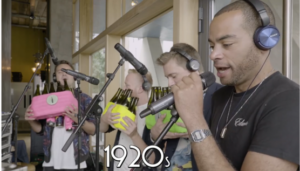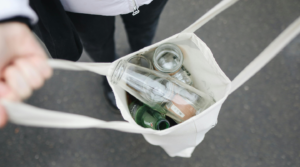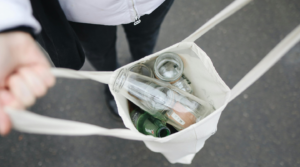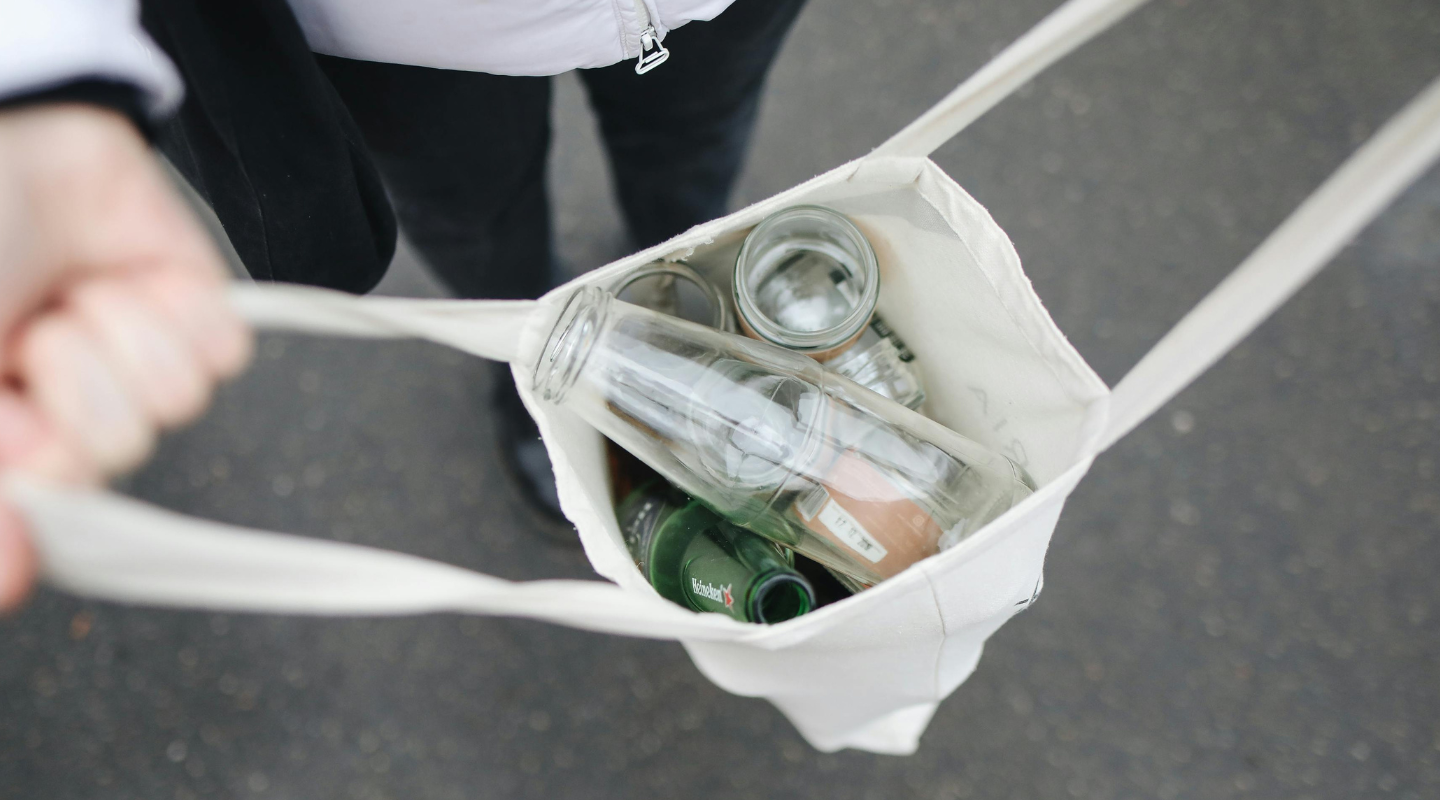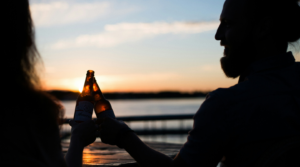The children in Year 5 at Trerobart Primary School in Pontypridd love to do research. Fortunately they recently got to do lots of it thanks to their school’s involvement with Glass Guardians, an initiative from British Glass and the National Schools Partnership created to educate children about the 100% recyclability and sustainability benefits of glass.
“There was so much to learn and find out about glass – how it is recycled, what types of glass can and can’t be recycled, how recycling glass saves C02 and energy, the importance of separating the different colours in the reprocessing, the children really enjoyed finding out about it all” explains Year 5’s teacher Alyson Parry. “I personally didn’t realise for example that you can’t recycle mirror glass, so there was lots of really useful information for us all to learn about”.
The class also got a lot of enjoyment and learning from the wide variety of materials supplied, such as the PowerPoint, video and workbooks that came as part of the Glass Guardians pack.
“The PowerPoint and video were really engaging and informative and the children particularly liked having their own individual booklets” says Alyson. “It meant each child had their own personal record of all the activities we were doing and had a place to keep safe their work, such as creating a storyboard about the glass recycling process”.
Another element that captured the children’s imagination was being able to apply what they were learning about glass in other lessons. “We’ve been studying persuasive writing techniques in English and the children were able to write about glass recycling using alliteration, rhetorical questions, the power of 3 and emotive language” explains Alyson “it was a perfect combination. The Glass Guardians gave them the facts and the children used these when practicing their writing techniques. They really enjoyed this; it made a perfect combination”.
One of the most useful things Alyson believes was the level and range of information and activities provided. “It was just right for the children. There was a good mix between printed materials and video. The mini projects meant the children got to work with a partner and of course there was the opportunity to do lots of lovely researching too!”.
